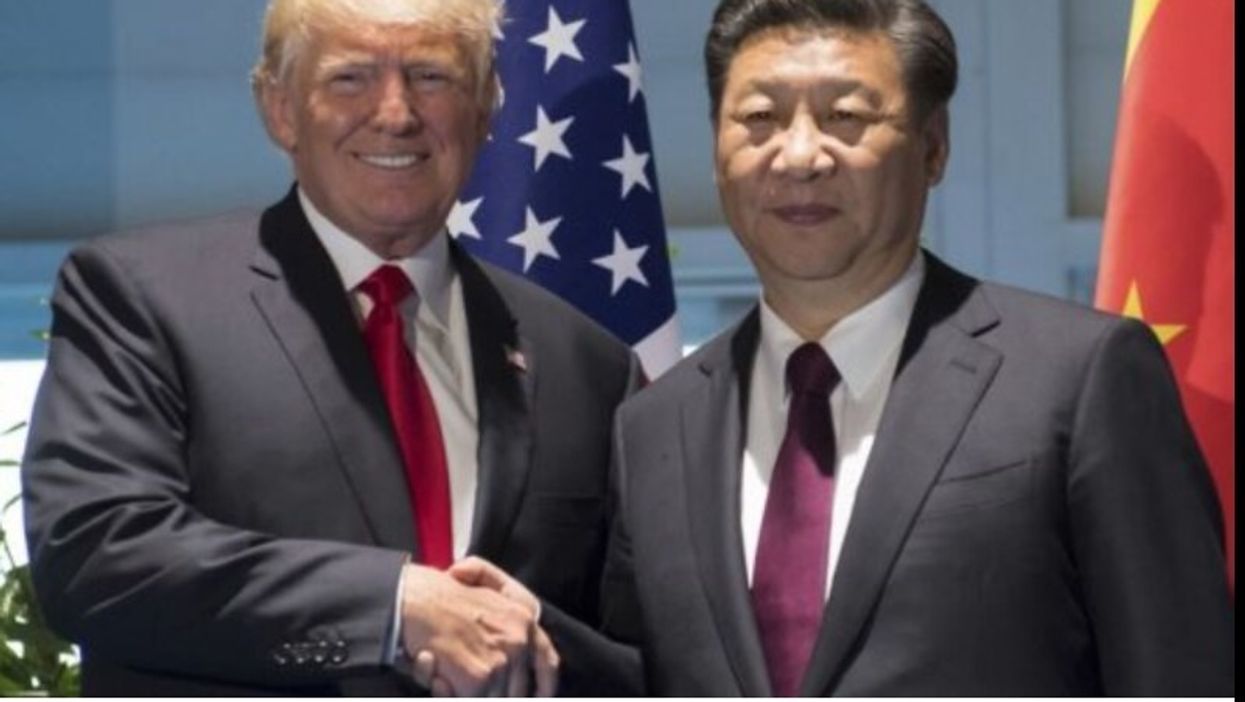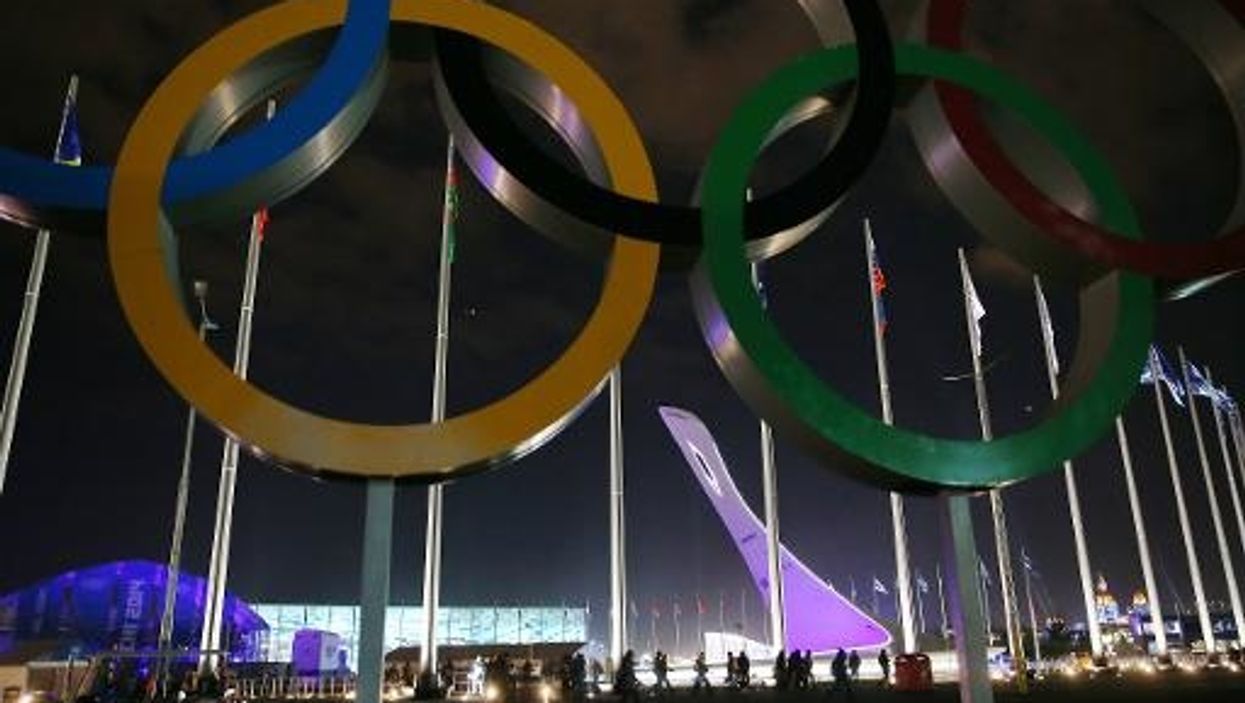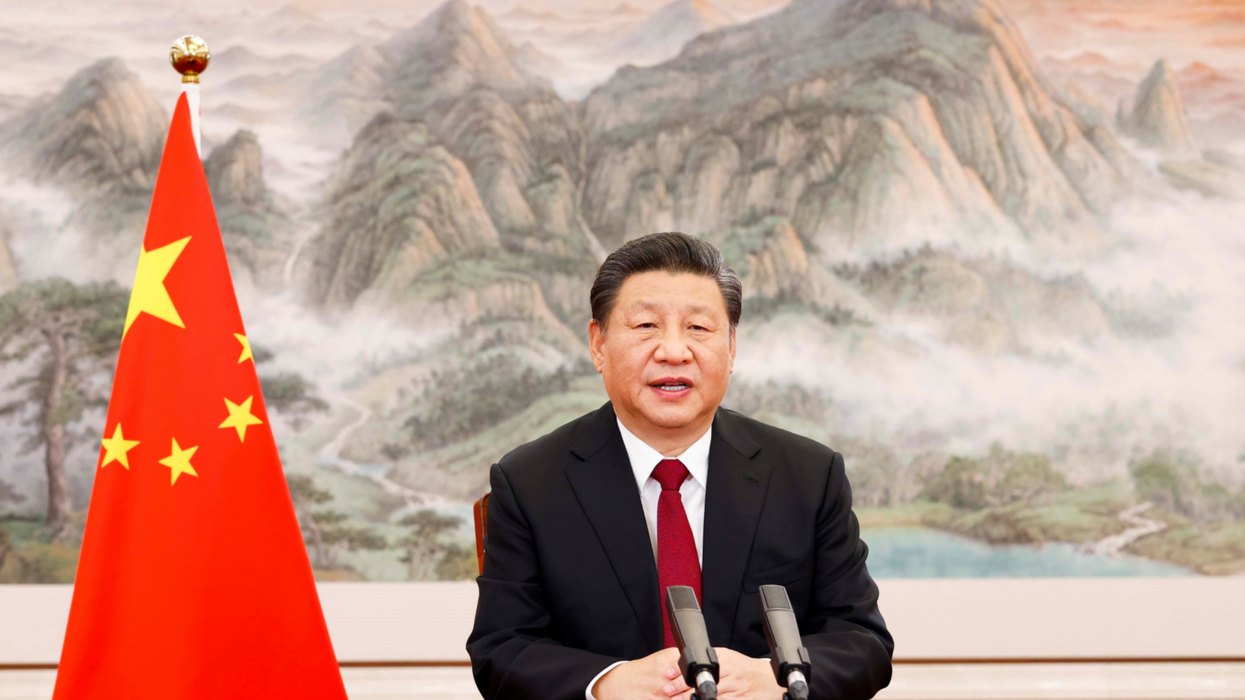How Did Trump Flub China Policy? Let's Count The Ways
Was Trump right about China? No. Let's count the ways.
One: Trump's entire conception of the China challenge was fallacious. Trump thought the problem China posed was that it sold us too many things, resulting in a bilateral "trade deficit," which meant that China was "winning" and we were "losing."
While it is true that some industries lost jobs to Chinese competition over the past two decades, it is also true that other industries gained jobs due to trade with China and other countries, and lower-income consumers were particularly enriched by the abundance of inexpensive goods China and others supplied. So were manufacturers who were able to use less expensive Chinese imports. One in five American jobs is devoted to exports, which often rely on imported components.
Two: Trump focused exclusively on one figure, the trade deficit. He wailed that the trade deficit with China amounted to "rape" and promised that under his "America First" leadership, we would "fight for America's blue-collar workers." Economists nearly unanimously consider the trade deficit to be a useless statistic for many reasons, including: 1) a trade deficit reflects the fact that Americans have lots of money to spend; 2) it fails to consider that when China sells us goods and we pay in dollars, those dollars come back to us in the form of capital investment; 3) it's super complicated to figure out bilateral balances of trade because so much trade in the 21st century involves multiple countries; and 4) trade deficits are associated with economic growth, not decline.Under his leadership, the U.S. trade deficit was the largest in a decade — a failure, by Trump's lights.
The data are also now in on Trump's own "momentous" 2020 trade deal with China. As part of his strategy to get this supposedly history-making deal, Trump had imposed tariffs (taxes) on $200 billion worth of Chinese imports. China retaliated with tariffs on $110 billion in American products, particularly targeting farmers. Trump incessantly claimed that China was paying those tariffs, but as a new report for the Peterson Institute for International Economics underlines, that was untrue. Trump's import taxes were paid entirely by American businesses and consumers. This brought the Treasury $66 billion, almost exactly the amount Trump paid out to U.S. farmers to compensate them for lost exports. Had the trade war never started, the PIIE estimates, U.S. exports to China would have been nearly 20 percent higher in 2020.
The tit-for-tat tariffs continued throughout the Trump presidency until the great 2020 trade deal negotiated with his "very, very good friend Xi Jinping." The deal, Trump blustered, was "incredible ... one of the largest deals ever."
The actual results? It was a flop. Trump said the Chinese government would remove its tariffs. They didn't. Trump said they would buy $200 billion in U.S.-manufactured goods. They purchased only a little more than half of that, which did not equal U.S. exports to China from before the trade war.
Three: Trump should have seized upon the golden opportunity available at the start of his term to enhance U.S. exports and rein in China — the Trans-Pacific Partnership Agreement. Instead, one of Trump's first acts was to withdraw from the TPP. Sadly, the Democratic Party has also abandoned free trade.
None of this is to say that we shouldn't negotiate with China to curb their unfair trade practices, only that the ideal way to do so is with allies who share our values. In any case, the emphasis on trade misses the point: China is a bad international actor in many ways, and frankly, when you consider Hong Kong and Taiwan and the export of surveillance technology to brutal dictatorships and the Uyghurs and the alliance with Russia, well, trade is pretty far down on the list of sins.



